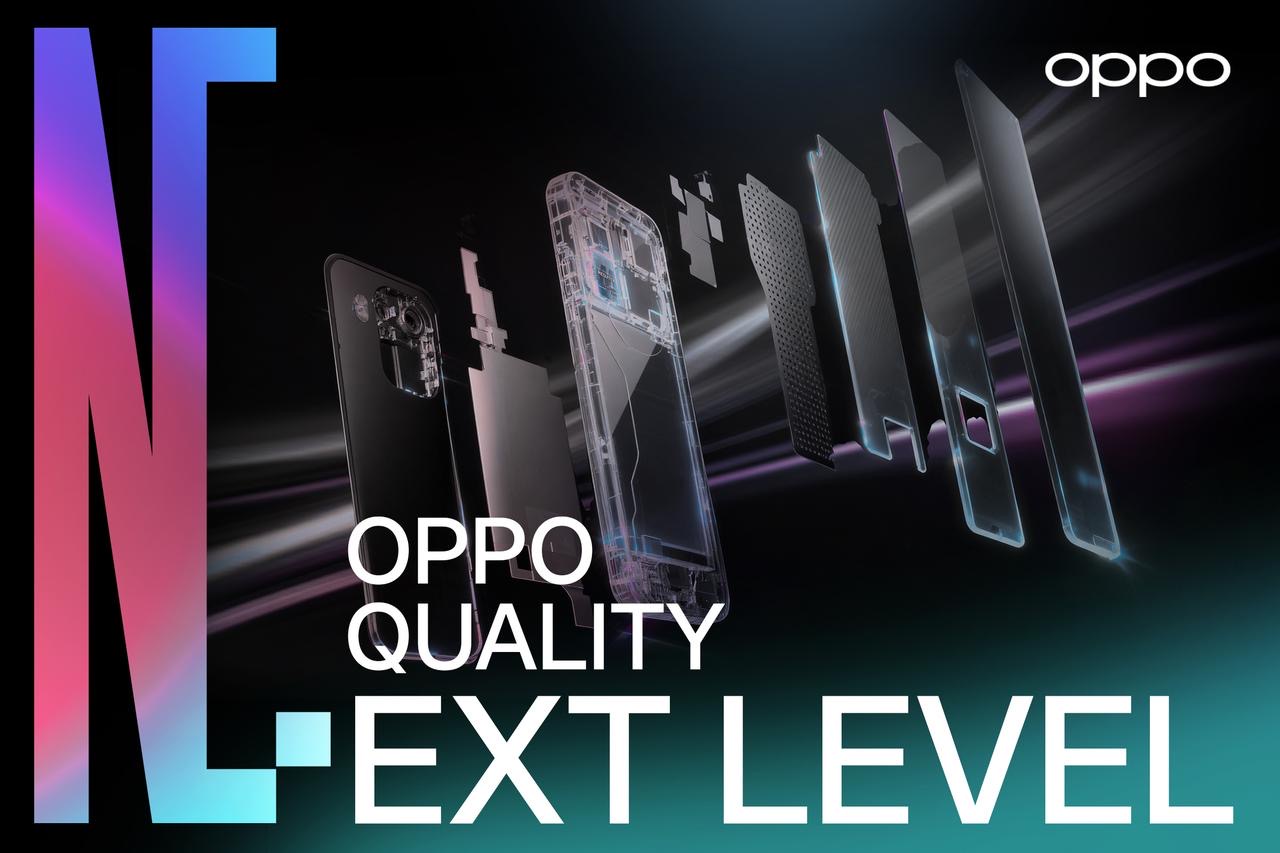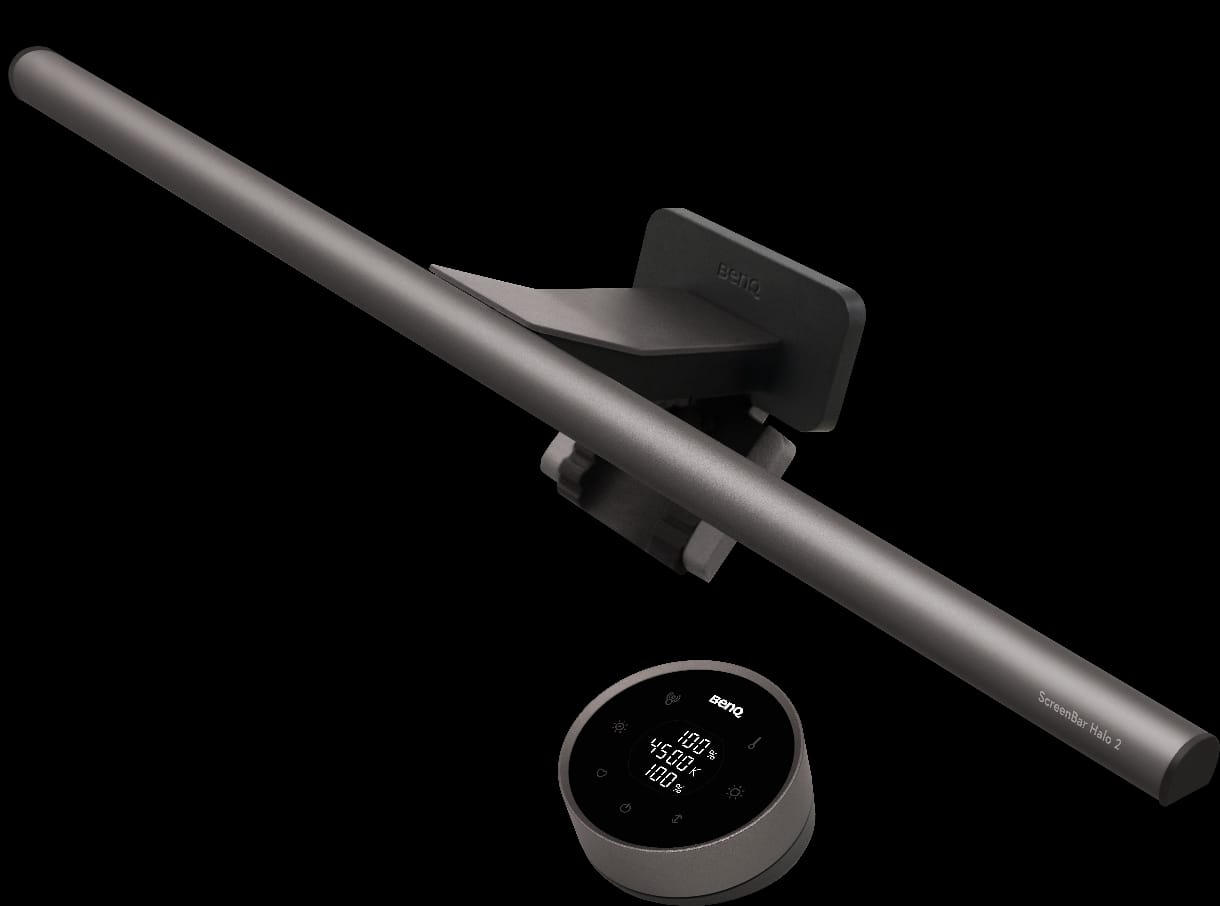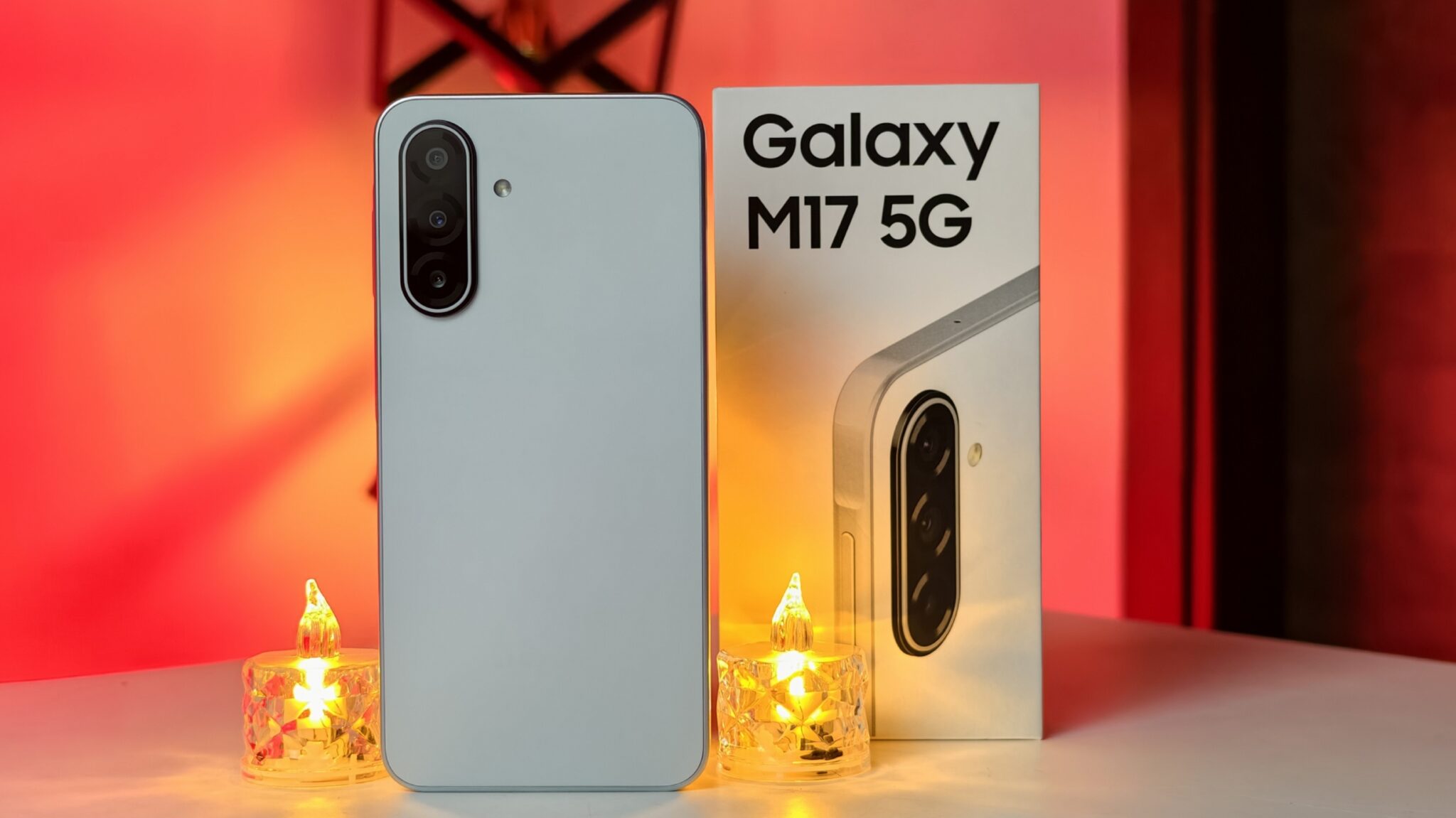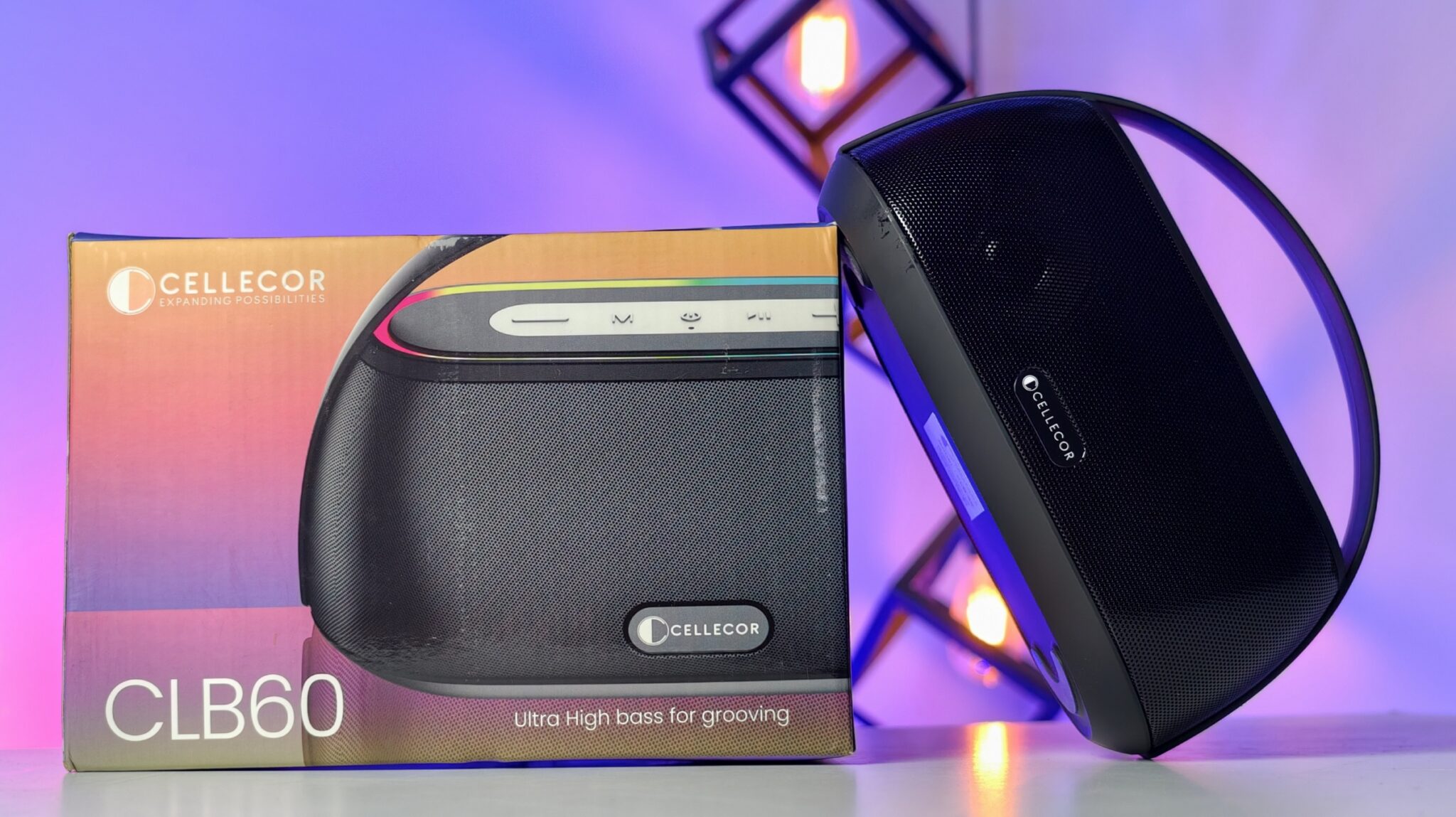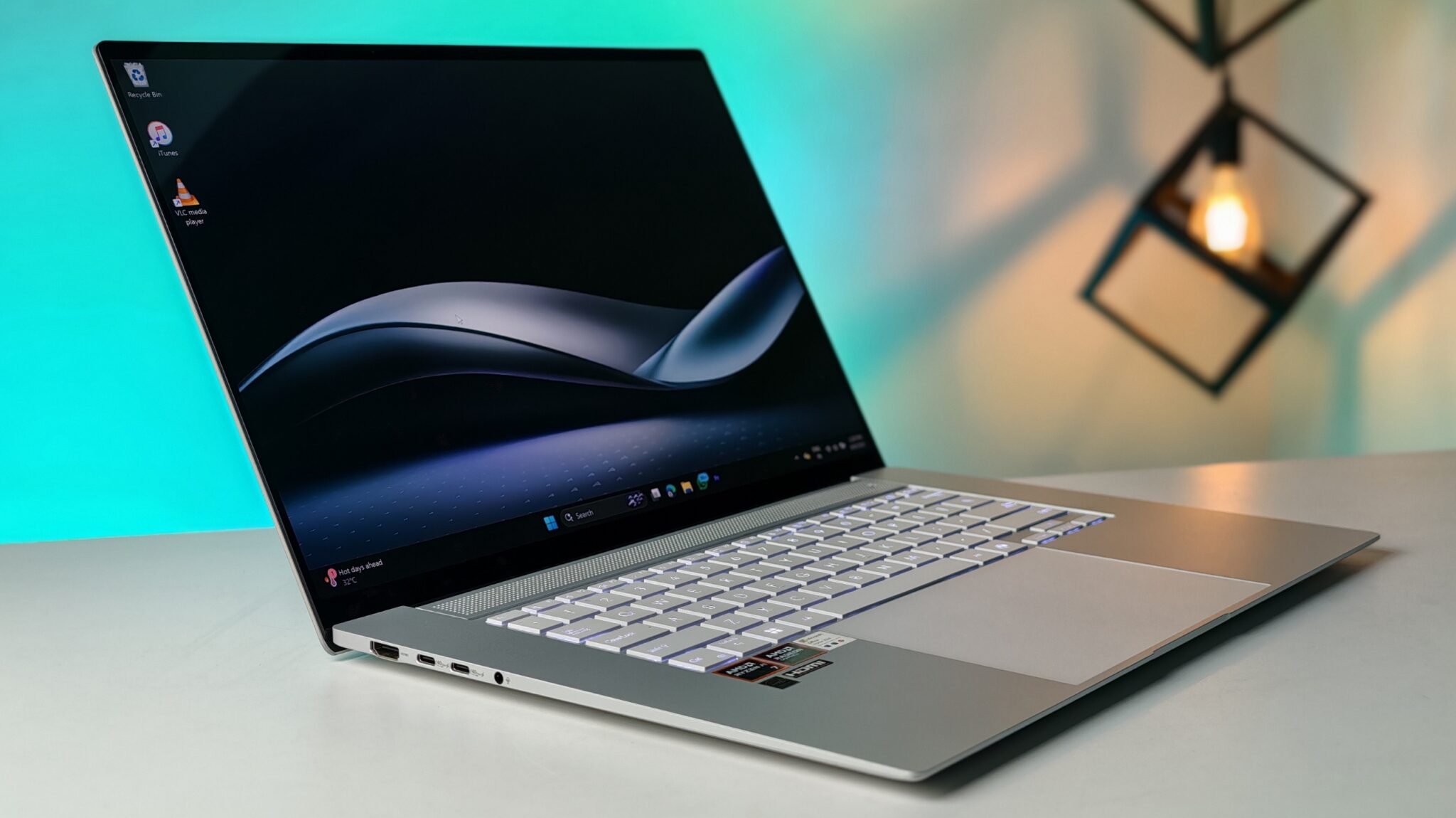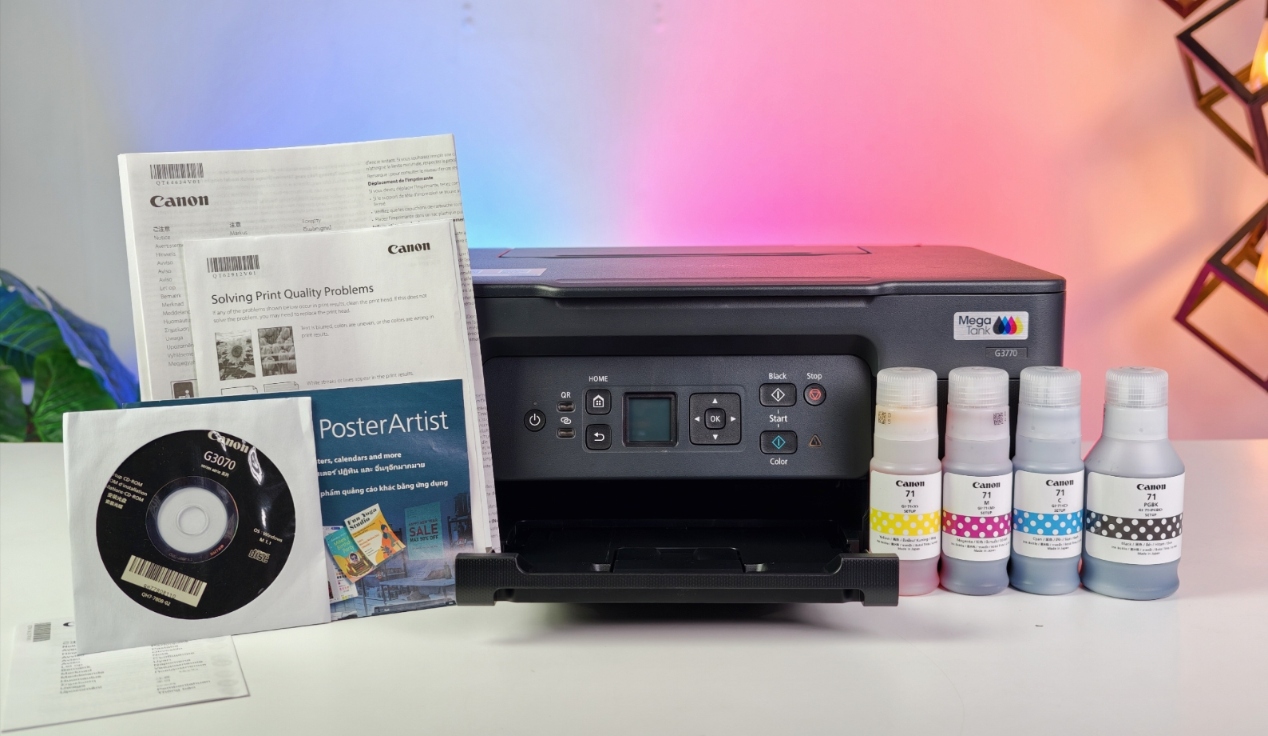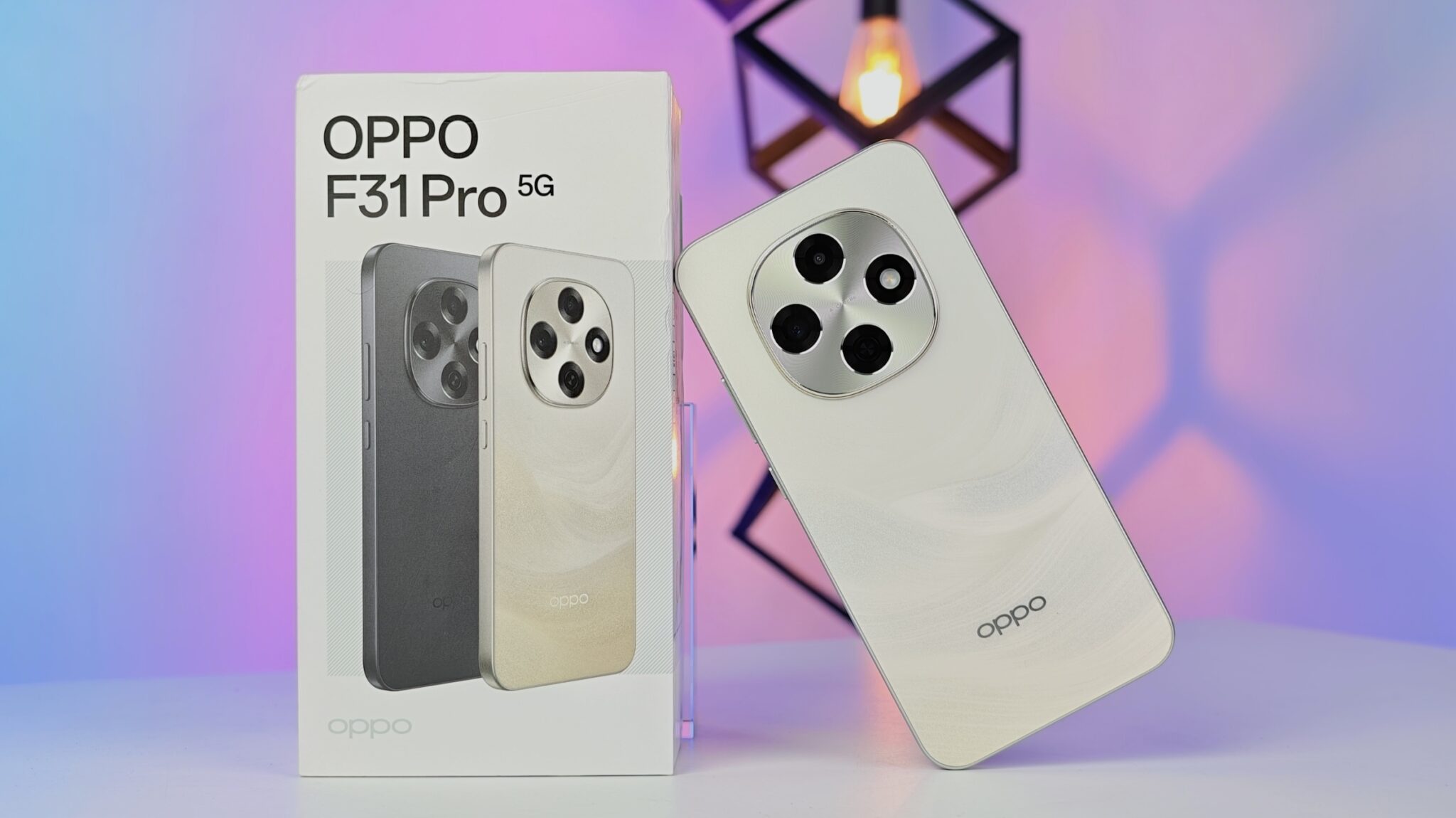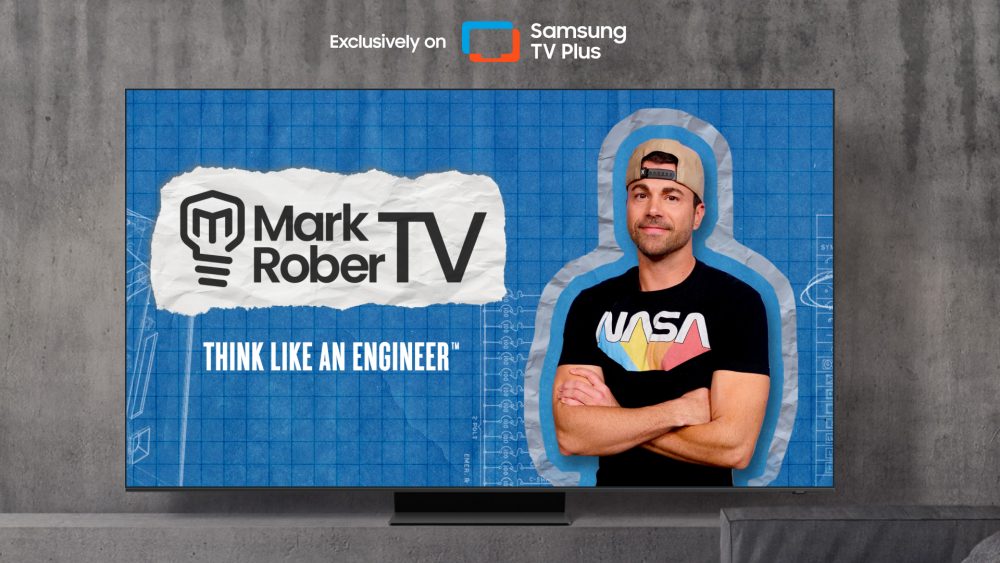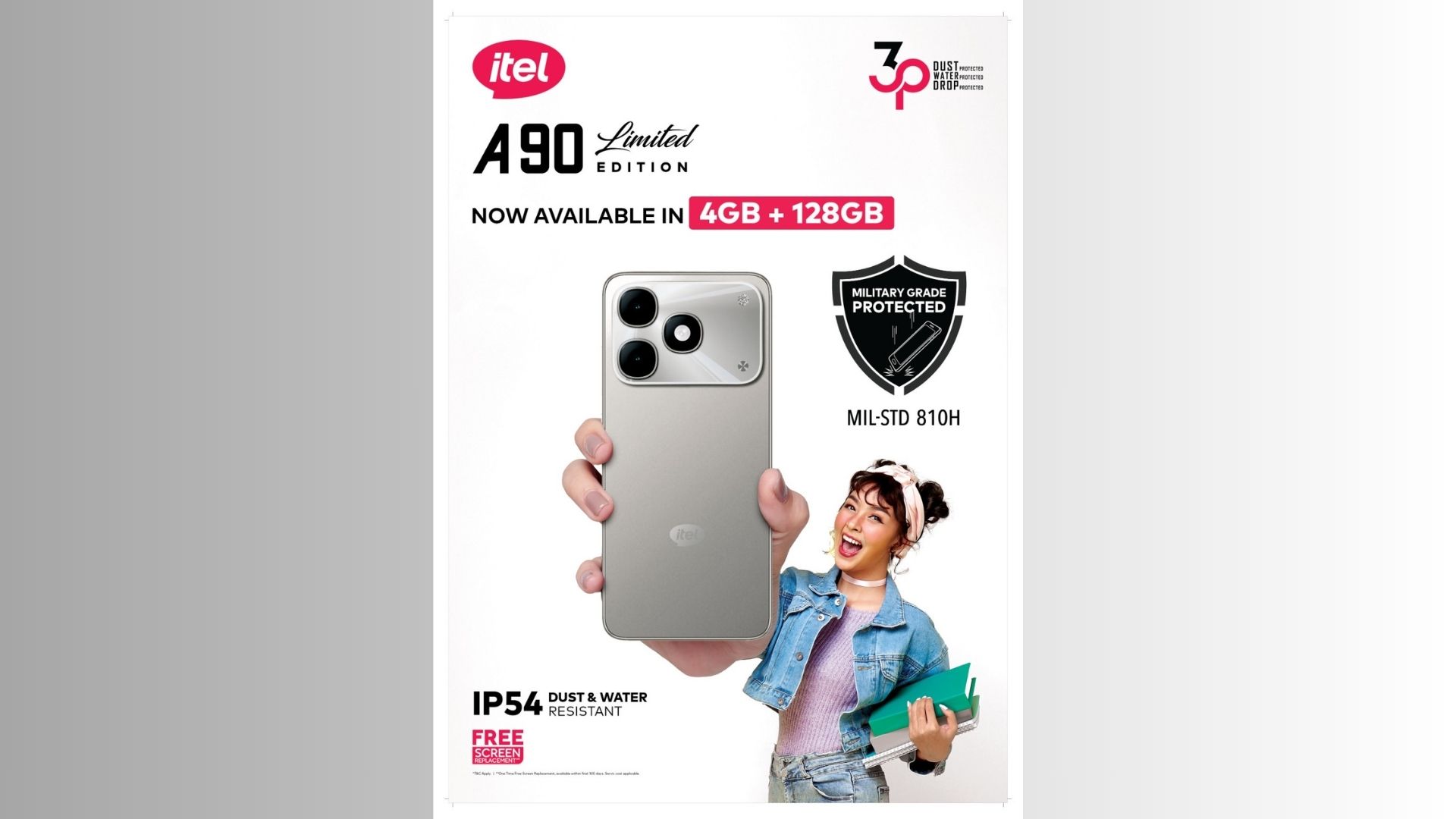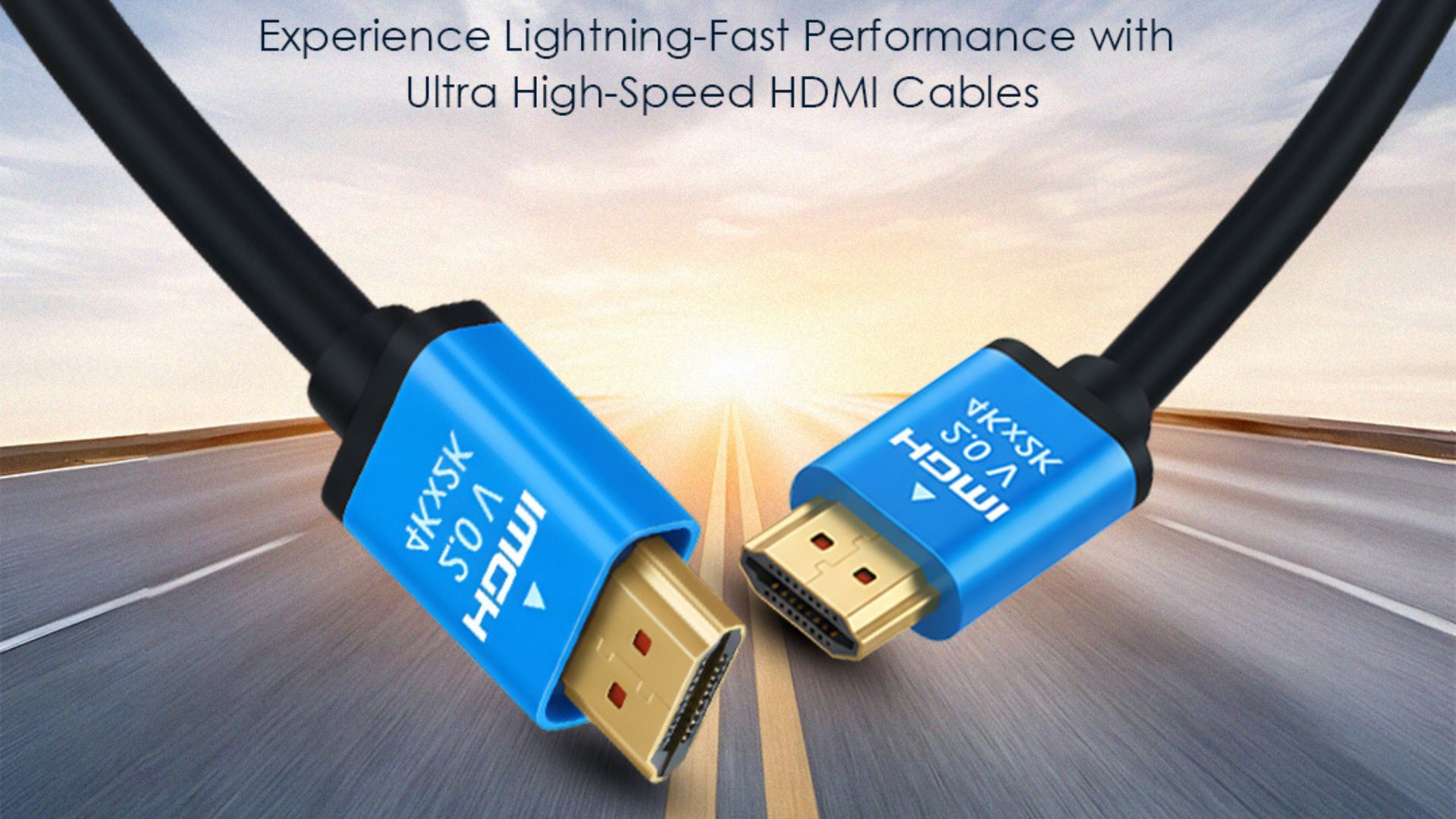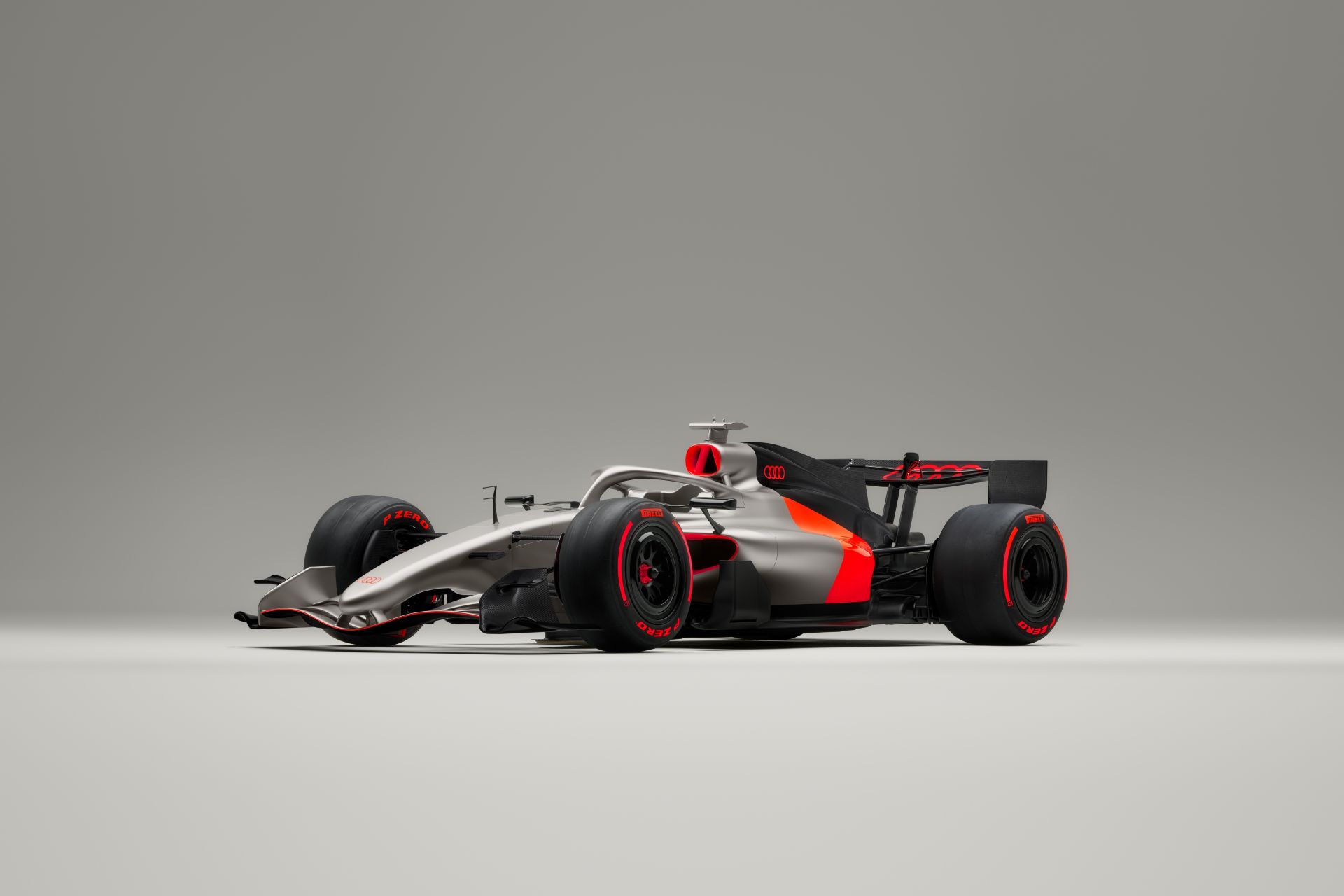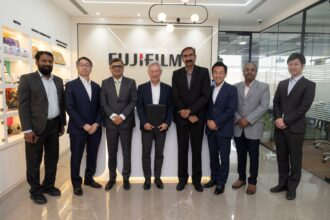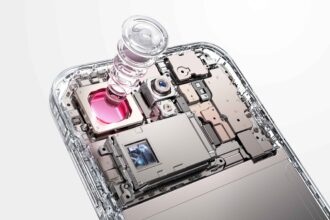OPPO introduced Apex Guard on November 14, 2025, presenting it as a fresh way of thinking about how its smartphones are built and maintained over time. The idea, at least from how it was explained, is to blend tougher hardware with smarter, more efficient software so the phones stay reliable for years rather than just during the early months of ownership. The announcement took place at OPPO’s Binhai Bay R&D center, which felt fitting, since the company emphasized that this new approach is now being woven into every step of the development process.
Key Takeaways
- What is Apex Guard? A new set of technologies from OPPO for better phone quality, covering both the physical device and its software.
- Tougher Hardware: Uses materials like high-strength steel and AM04 aerospace-grade aluminum to better survive drops and daily wear.
- Longer Battery Life: Features a new Silicon-Carbon Battery that adds 400 extra charge cycles before the battery starts to weaken.
- Smoother Software: ColorOS 16 includes new engines (Luminous and Trinity) to keep the phone fast during app launches and multitasking.
- Strict Testing: OPPO is working with international testers like TÜV Rheinland and running over 180 of its own tests on each device.
Stronger Hardware for Daily Life
A significant piece of Apex Guard focuses on physical durability. OPPO is leaning on new materials that, at least on paper, sound quite robust. Ultra-High-Strength Steel and AM04 aerospace-grade aluminum alloy make up the core of this move. These materials are intended to handle the usual daily impacts, like minor scuffs or the occasional scrape, more effectively than typical smartphone builds. OPPO also introduced something it calls Armour Shield, a structural design that aims to reduce damage from those all too familiar accidental drops.
Battery longevity is also getting specific attention, which makes sense because it is one of the most common issues people encounter after using a phone for a couple of years. Apex Guard includes the OPPO Silicon-Carbon Battery, a newer type of battery technology that can hold more power in a smaller space. OPPO says this battery can deliver roughly 400 additional charge cycles before showing noticeable signs of wear. In practice, that means the phone should maintain healthy battery performance for a much longer time, something many users will probably appreciate.
Software That Stays Fast
On the software side, Apex Guard builds into ColorOS 16 a set of updates designed to keep performance smooth over the long term. OPPO highlighted its Luminous Rendering Engine, which it describes as the first Unified Animation Architecture for Android. In simpler terms, this engine aims to make animations, transitions, and small visual movements appear more fluid and connected. It is the kind of improvement people may not consciously look for, yet they tend to notice when it is missing.
For users who push their devices harder, the All-New Trinity Engine introduces features like Chip-Level Dynamic Frame Sync. This system essentially adjusts how quickly the phone responds during heavy multitasking, attempting to keep things consistent rather than choppy. Another part of the engine, Sensor-Offload technology, shifts the workload of certain sensor functions directly to the SoC, which is said to help with tasks such as recording 4K 60fps video while using less power.
OPPO also pointed out that it is running long-term aging tests simulating 48, 60, or even 72 months of intense use. These simulations appear to be aimed at addressing the gradual slowdown that many users eventually experience. For more affordable devices, a new Instant Refresh tool will give users a one tap option to clean up data fragmentation, which I think could be especially helpful for people who do not routinely maintain their phones.
A New Standard for Quality Testing
To make these claims more concrete, OPPO is combining internal testing with external validation. The company is collaborating with recognized organizations such as TÜV Rheinland, TÜV SÜD, and SGS. These independent groups verify product durability, reliability, and overall safety. Seeing their names attached to the process adds a certain level of trust, or at least reassurance, for anyone who values third party assessments.
Inside OPPO’s own labs, more than 180 tests are applied during the development cycle. The Binhai Bay Campus includes specialized labs for assessing materials, power efficiency, and communication performance, meaning each component gets examined fairly thoroughly.
One of the more unusual additions is OPPO’s own benchmark called the Parallel Animation Standard 6 Zero. It measures smoothness across six goals: 0 Lag, 0 Latency, 0 Flicker, 0 Crash, 0 Mislaunch, and 0 Freeze. OPPO plans to apply this standard across all product categories, including both the budget oriented A Series and the flagship Find Series. It almost feels ambitious, though in a positive way, because it sets a clear expectation.
Related FAQs
Q1: What is OPPO Apex Guard?
A1: Apex Guard is a new quality system from OPPO. It combines strong hardware materials, long lasting battery technology, and smooth software (ColorOS 16) to make phones that are more durable and last longer.
Q2: What is a Silicon-Carbon Battery?
A2: A Silicon-Carbon battery is an advanced type of lithium-ion battery. It uses silicon-carbon material in the anode, which allows it to store significantly more energy in the same physical space. This results in phones with bigger batteries and longer lifespans.
Q3: Will Apex Guard be on all OPPO phones?
A3: Yes, OPPO stated that the Apex Guard technology suite will extend across all its product lines, from the entry-level A Series to the flagship Find Series.
Q4: What is ColorOS 16?
A4: ColorOS 16 is the latest version of OPPO’s software, which is based on Android. Key features announced for it include the Luminous Rendering Engine and Trinity Engine, both designed to make the phone feel faster and smoother.
Q5: Who is TÜV Rheinland?
A5: TÜV Rheinland is a well-known, independent company from Germany that specializes in testing, inspection, and certification. When a product is “TÜV Rheinland certified,” it means it has passed a set of rigorous, third-party quality and safety tests.


